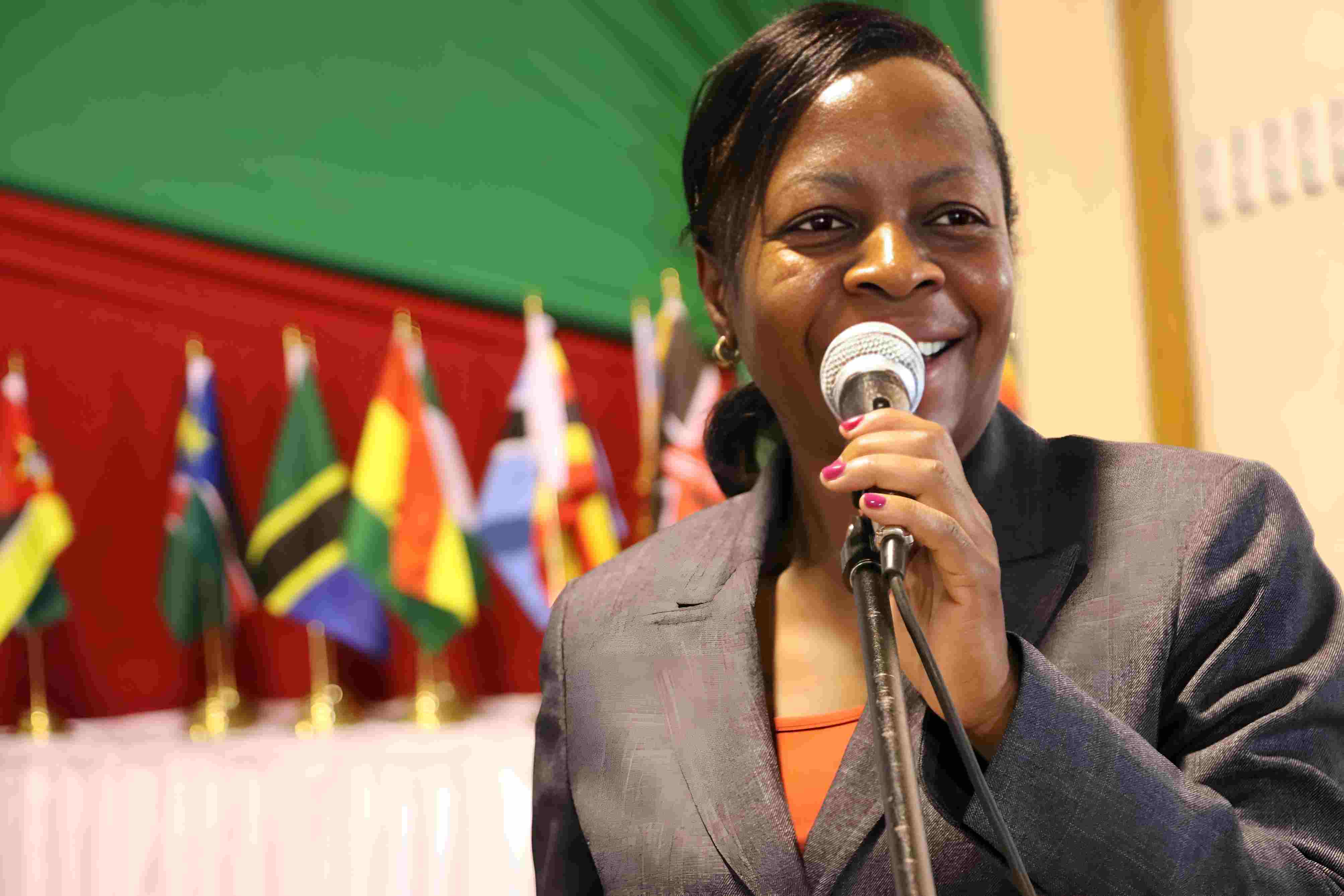Cemastea targets 5,300 teachers in tech, AI training as Grade 9 transition nears

More than 5,000 secondary school teachers will undergo training on the use of technology, including artificial intelligence, as part of preparations for the rollout of the Competency-Based Education (CBE) curriculum in senior schools beginning January 2026.
According to the Centre for Mathematics, Science and Technology Education in Africa (Cemastea), the programme targets 5,300 teachers, with training scheduled to begin in August.
Cemastea Director Jacinta Akatsa said the sessions will focus on how to effectively apply technology in the classroom under the new curriculum model.
“In August, we will train 5,300 senior school teachers on technology. We also have another training for laboratory technicians to enhance their skills in science, technology, engineering and mathematics (Stem), pathways,” said Akatsa.
She added that the institution is currently training 2,500 junior school teachers on ICT, with an emphasis on artificial intelligence, lesson planning, teaching methods, and assessment tools.
Akatsa encouraged educators to take advantage of Cemastea’s resources by bringing their learners to the Nairobi-based centre to deepen their exposure to Stem subjects.
The director explained that since the implementation of CBE began at the junior school level, now at Grade 9, Cemastea has played a key role in building teacher capacity.
Over 60,000 junior school teachers have been trained so far, covering various aspects of the curriculum such as interpreting curriculum designs, understanding content, and integrating technology into lessons.
“But importantly, we have trained them on ICT integration, especially where they are experiencing challenges with equipment in schools. We are now training them on the use of virtual laboratories. The aim is to have teachers overcome the shortage of equipment and to also support experiential learning,” she said.
Despite these efforts, concerns remain among school heads regarding the state of readiness for senior school, especially in the three designated curriculum pathways — science, technology, engineering and mathematics; social sciences; and arts and sports.
Around 1.2 million learners currently in Grade 9 are expected to join senior school in January 2026. However, school principals have called on the government to speed up the retooling of teachers to ensure they are equipped to deliver the new curriculum.
Last month, Higher Education Principal Secretary Beatrice Inyangala admitted that most secondary school teachers do not yet have the necessary skills to handle the three career pathways in senior school.
Kenya has a total of 154,200 secondary school teachers. The PS directed all public universities to urgently begin offering in-service training for these teachers.
Koitaleel Samoei University College Principal, Prof Winston Akala, urged the government to ensure that teachers in senior school interact with learning materials in good time before the curriculum is fully rolled out.
With the implementation of CBE, secondary schools will be referred to as senior schools, and teachers will be expected to deliver specialised content aligned with the learners' chosen pathways.
